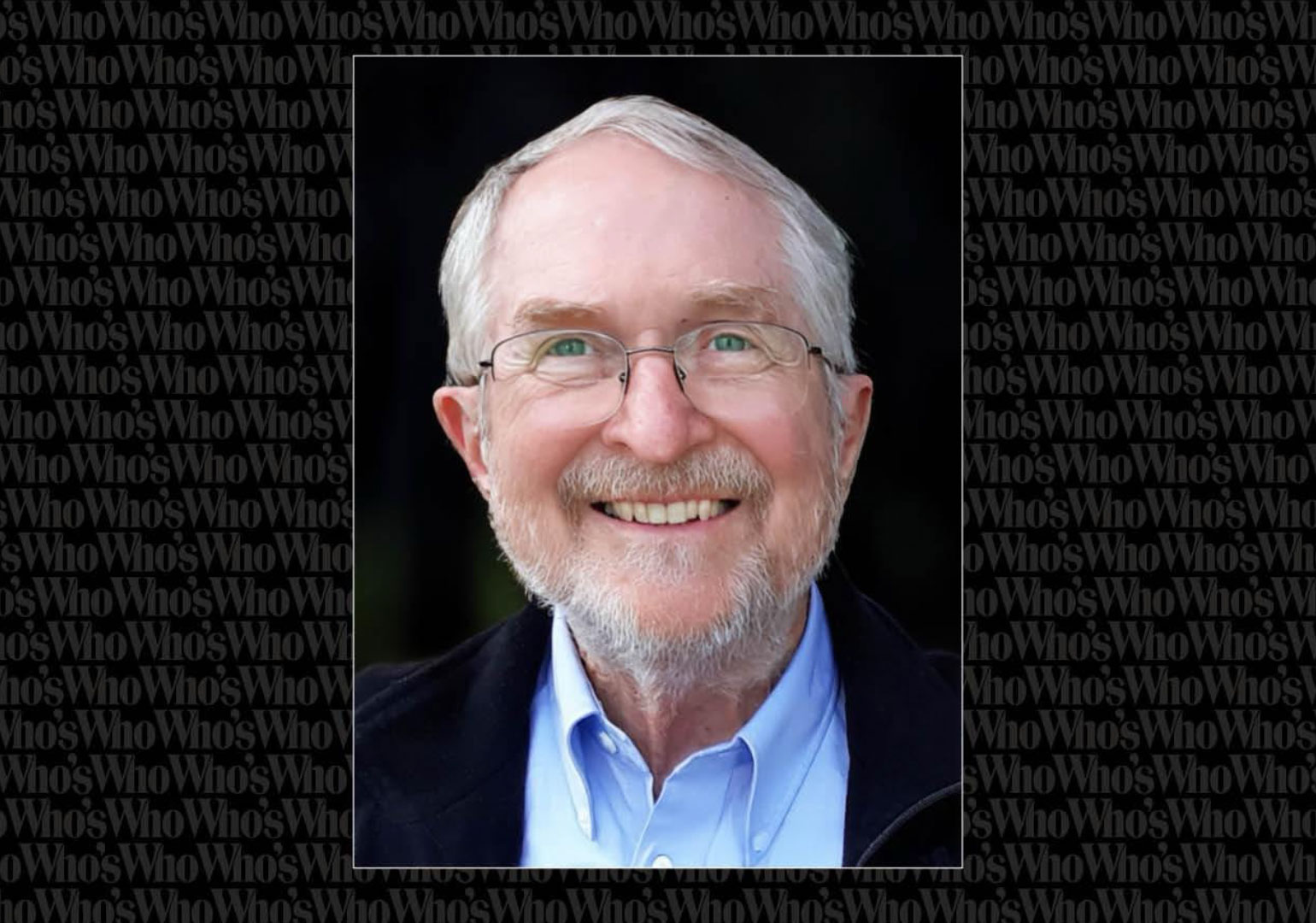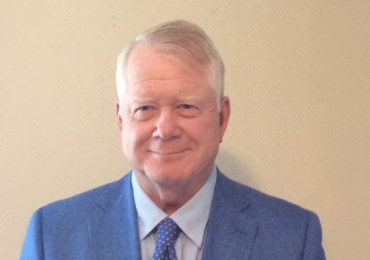Dr. Howard Walter Mielke, recipient of the prestigious Albert Nelson Marquis Lifetime Achievement Award, is preparing to release a memoir that challenges long-held assumptions about childhood lead exposure in the United States. Titled “Unraveling the Invisible,” the book explores overlooked environmental sources of lead contamination, particularly the legacy of leaded gasoline, and the institutional barriers that allowed this public health crisis to persist.
An adjunct research professor at Tulane University School of Medicine and former Peace Corps volunteer, Dr. Mielke has spent more than four decades pioneering soil-based research that connects urban pollution with children’s health outcomes. His data-centric findings played a critical role in the federal phaseout of leaded gasoline in 1986 and helped lay the groundwork for international policy change.
“The assumption that lead paint was the main culprit let an entire generation down,” Dr. Mielke said. “We were focused on window sills when the real problem was the lead dust in the air and in the lead in soils underfoot.”
Science meets policy: A legacy of measurable change
Dr. Mielke’s early work at the U.S. Department of Agriculture led to the development of precise soil testing methods that uncovered striking environmental disparities in Baltimore. Inner-city neighborhoods—regardless of building materials—showed significantly higher soil lead levels than suburban areas. This pointed to vehicular emissions, not just paint, as the primary contaminant.
Dr. Mielke expanded this research in Minnesota, collaborating with state legislators to map environmental lead exposure alongside children’s blood lead levels. The correlation was clear: larger cities with higher traffic density showed elevated risks. These findings influenced the Minnesota Legislature’s petition to Congress and the Environmental Protection Agency, contributing to nationwide regulatory change.
“The decline in children’s blood lead mirrored the decline in soil lead after gasoline was regulated,” Dr. Mielke explained. “It was the strongest evidence we had that the exposure was environmental — and reversible.”
From quiet scholar to reluctant advocate
Although known for his meticulous research and quiet demeanor, Dr. Mielke became more vocal later, particularly during his service on the Centers for Disease Control and Prevention’s Lead Exposure and Prevention Advisory Committee. He raised concerns about ongoing exposure from small aircraft still using leaded fuel — officials dismissed his warning despite mounting evidence.
Now based in Seattle, Dr. Mielke is turning decades of frustration and discovery into a compelling narrative. “Unraveling the Invisible” weaves together memoir, public health analysis and scientific history, aiming to provoke action and awareness among policymakers, researchers and the general public.
“I didn’t plan on writing a book,” Dr. Mielke said. “But when one of my former students — now a professor herself — insisted the story needed to be told, I realized she was right.”
About Marquis Who’s Who®:
Since 1899, when A. N. Marquis printed the First Edition of Who’s Who in America®, Marquis Who’s Who® has chronicled the lives of the most accomplished individuals and innovators from every significant field of endeavor, including politics, business, medicine, law, education, art, religion and entertainment. Who’s Who in America® remains an essential biographical source for thousands of researchers, journalists, librarians and executive search firms around the world. The suite of Marquis® publications can be viewed at the official Marquis Who’s Who® website, www.marquiswhoswho.com.
S














